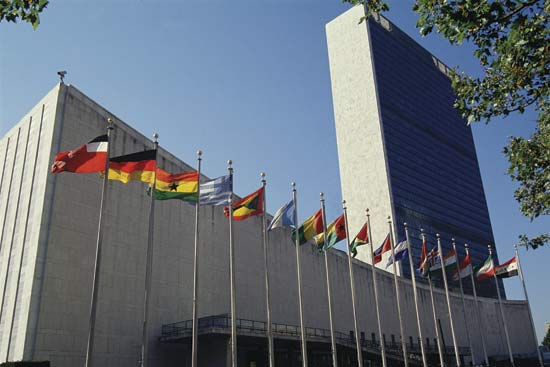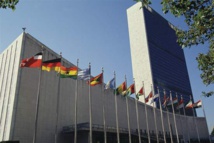In their new report titled "Climate Change and Land," the panel's scientists analysed how climate change threatens forests and fields, how farming can stem global warming, and how to balance these two facts so that growing populations have enough to eat.
"Land is under growing human pressure and land is part of the solution, but land cannot do it all," IPCC chairman Lee Hoesung told a press conference in Geneva.
The report warns that the world faces a high risk of drought, wildfires, thawing permafrost and unstable food supplies.
"Risks ... are projected to become increasingly severe with increasing temperatures," the IPCC report said.
Agriculture, forestry and other human use of land currently account for 23 per cent of man-made greenhouse gas emissions, according to the IPCC.
The panel advocates a global shift toward eating more plant-based food and less meat, noting that this would curb greenhouse gases and free up land for more sustainable uses.
"This would contribute to a reduction of methane emissions," said the German biologist Hans-Otto Poertner, who was one of the report's lead authors and who attended the final drafting session in Geneva.
The panel also called for stemming the loss and waste of edible food, which is estimated to account for at least 8 per cent of man-made greenhouse gases.
In addition, the IPCC said that local farmers, communities and indigenous peoples should be included in efforts to improve the sustainable management of their land, including the use of organic matter to increase the soil's carbon content.
Soil can store less carbon the warmer it gets, and rising temperatures also make it more difficult to protect peatlands, whose vast reserves of plant debris act as carbon sinks.
When Poertner was asked about the Brazilian government's moves to open more indigenous land for farming and mining in the Amazon forest, he said: "It contradicts all of the messages that are coming out of this report."
Indigenous umbrella groups from around the world welcomed the IPCC report.
"Now with this report there is recognition that how we have safeguarded our forests and lands benefit the entire world," Brazilian indigenous representative Sonia Guajajara said. "Will the world listen?"
Delaying global action to protect the climate and the land that humanity depends on would shrink the range of options that are still available, the IPCC warned.
The IPCC warned last October that limiting global warming to an average temperature rise of 1.5 degrees Celsius above pre-industrial levels is only possible with "rapid, far-reaching and unprecedented changes."
Leading politicians are expected to consider the IPCC's findings at the upcoming UN Climate Action Summit on September 23 in New York.
The IPCC scientists have also been motivated by the global campaign for climate action that has been largely driven by student demonstrators.
"We need to reach not only the policy makers but also society," Poertner said. "Then the communication process within society actually makes action happen."
Major non-governmental groups said countries must heed the IPCC's latest messages.
"Governments are now compelled to update and enhance their climate action targets in light of the IPCC's report," said Christoph Thies, a German forest and climate campaigner for Greenpeace.
The World Wildlife Fund for Nature (WWF) stressed that, aside from land protection, deep cuts in fossil fuel consumption are still essential for limiting global warming.
"Action on one alone is not enough," WWF climate change representative Stephen Cornelius said.
-----------------------------------------------------------------------------------------------------------------









 Home
Home Politics
Politics











